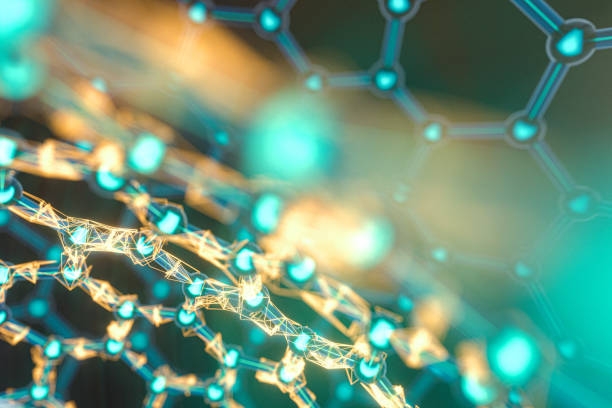Nano Technology
Introduction:
Nanotechnology is a rapidly growing field that involves the manipulation of materials at the nanoscale level. It has the potential to revolutionize various industries, including healthcare, energy, and electronics. In this guide, we will explore the basics of nanotechnology and its potential to unlock a new world of possibilities.
Nanotechnology is a relatively new and rapidly developing field that involves the study and manipulation of materials at the nanoscale level. It has the potential to revolutionize many industries, from healthcare and energy to electronics and environmental remediation. Nanotechnology is already being used in various applications, such as drug delivery, cancer treatment, and the development of more efficient solar cells. However, there are also concerns about the safety and ethical implications of nanotechnology, and it will be important to address these issues as the field continues to grow and evolve. This comprehensive guide aims to provide an overview of nanotechnology, its potential applications, benefits and risks, and how it could change the world as we know it.
Important Points:
- Nanotechnology is the study and application of materials at the nanoscale level, which is about 1-100 nanometers.
- It involves the manipulation of materials at the atomic and molecular level to create new properties and functions.
- Nanotechnology has a wide range of applications, including drug delivery, energy production, electronics, and environmental remediation.
- Some of the key materials used in nanotechnology include nanoparticles, carbon nanotubes, and nanowires.
- The potential benefits of nanotechnology include improved medical treatments, more efficient energy production, and more advanced electronic devices.
- Nanotechnology is a truly interdisciplinary field that combines knowledge from physics, chemistry, biology, and engineering to create new materials and devices.
- Some of the potential applications of nanotechnology in healthcare include targeted drug delivery, cancer imaging and treatment, and regenerative medicine.
- In the energy sector, nanotechnology could lead to the development of more efficient solar cells, batteries, and fuel cells, as well as the creation of new materials for energy storage and transmission.
- The electronics industry is already utilizing nanotechnology in the development of faster and more powerful computers and smartphones.
- Nanotechnology also has the potential to address environmental challenges, such as pollution, by creating more efficient and sustainable technologies for water treatment.
FAQ’s:
1.What are some of the challenges associated with nanotechnology?
A: One of the main challenges is ensuring the safety of nanomaterials, as their small size and unique properties can potentially cause harm to humans and the environment.
2.What are some of the current applications of nanotechnology?
A: Nanotechnology is already being used in a variety of industries, including medicine, electronics, and energy. For example, some cancer treatments use nanoparticles to deliver drugs directly to cancer cells.
Pros:
- Nanotechnology has the potential to improve many aspects of our lives, from healthcare to energy production.
- It could lead to the development of more efficient and sustainable technologies.
- Nanotechnology can also help address some of the world’s most pressing challenges, such as climate change and disease.
Cons:
- There are concerns about the potential risks associated with nanotechnology, particularly in terms of the safety of nanomaterials.
- There are also ethical considerations, such as ensuring that nanotechnology is used responsibly and for the benefit of society as a whole.
Final Conclusion:
Nanotechnology is a rapidly evolving field that has the potential to unlock a new world of possibilities. While there are challenges and risks associated with nanotechnology, its potential benefits are vast and could lead to significant advancements in various industries. As the field continues to develop, it will be important to prioritize safety and ethical considerations to ensure that nanotechnology is used responsibly and for the greater good.
Nanotechnology is a field that holds great promise for the future. It has already shown the potential to revolutionize many industries, from healthcare to energy, and could lead to the development of more efficient and sustainable technologies. However, it is also important to address the potential risks and ethical considerations associated with nanotechnology to ensure that it is used responsibly and for the greater good. As the field continues to grow and evolve, it will be exciting to see how it shapes the world around us and how we can harness its power to create a better future for all.

